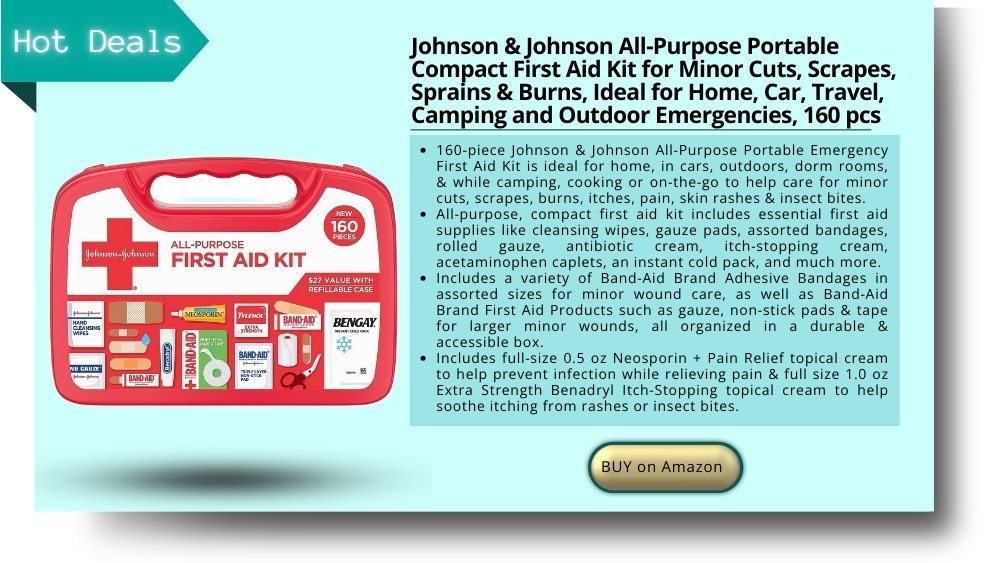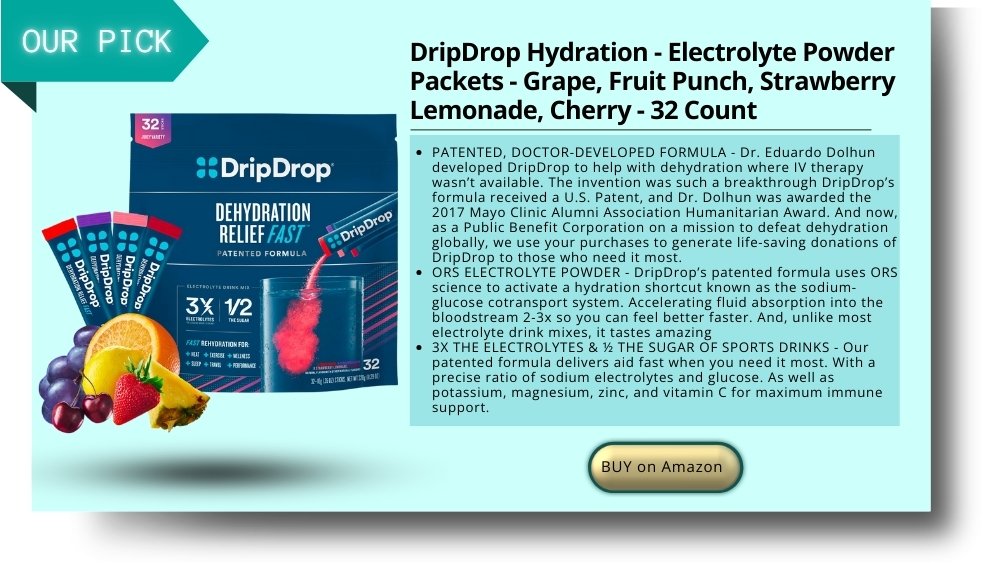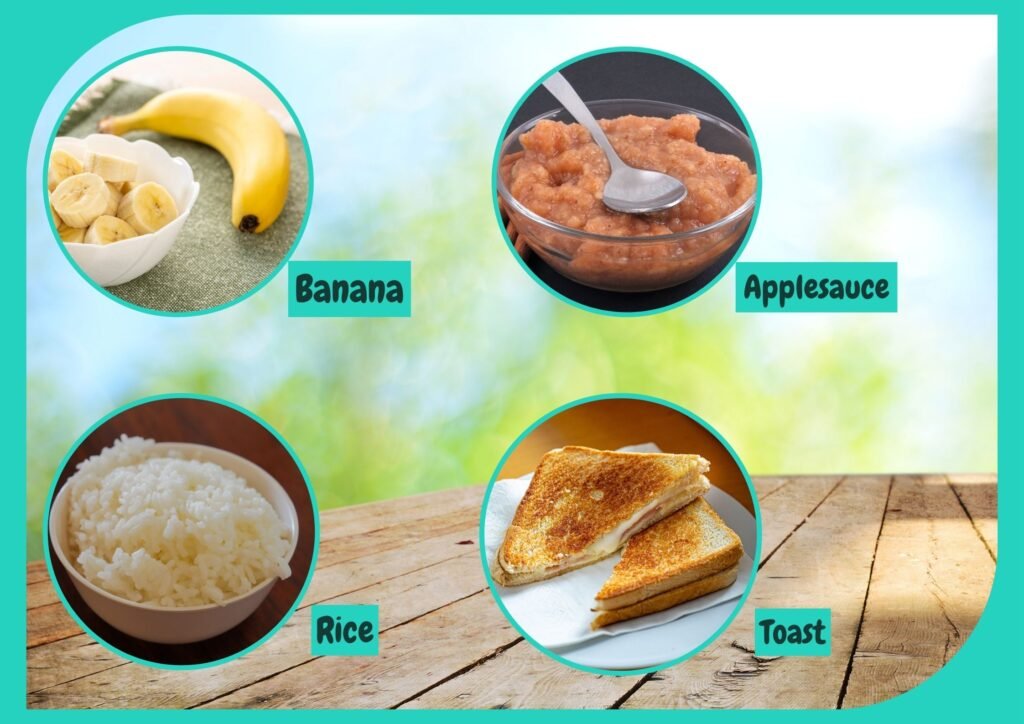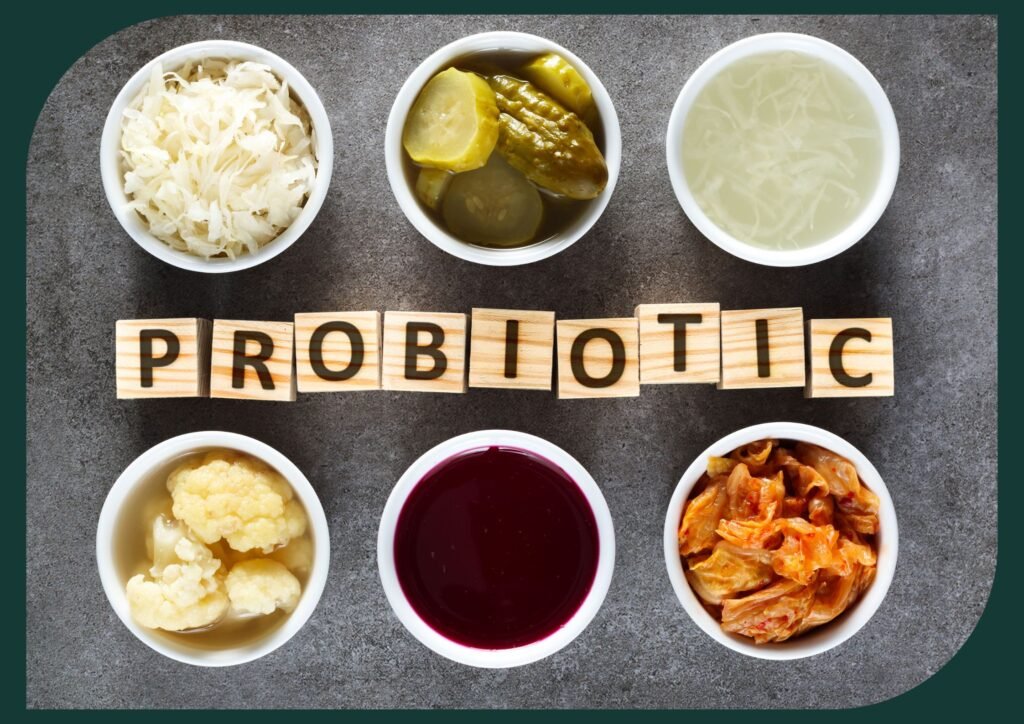Overcoming Senior Food Poisoning: A Personal Guide to Recovery at Home

Last Updated on July 2, 2025 by Rose Ann
Food poisoning poses a unique and formidable challenge, especially among seniors, whose immune systems may no longer possess the robustness of their younger years.
This vulnerability to foodborne pathogens and toxins is a concern that requires both attention and proactive measures. As we age, our body’s ability to combat infections and recover from illnesses might diminish, making seniors more susceptible to the severe repercussions of food poisoning.
This article serves as a guiding light, offering insights, strategies, and a personal touch to navigate the intricate path of overcoming senior food poisoning. By arming ourselves with knowledge and actionable steps, we empower seniors and their caregivers to embark on a journey of recovery within the comforting confines of their own homes.
The Crucial Facts About Senior Food Poisoning
The discomfort and distress caused by senior food poisoning are undeniable, often leaving individuals feeling physically weakened and emotionally drained. However, amidst these challenges, the horizon brightens with the promise of recovery and revitalization.
Discover a wealth of knowledge and practical advice to guide you through the intricacies of the recovery process. From recognizing the telltale symptoms to adopting dietary adjustments that foster healing, each facet of your recuperation is addressed with meticulous care.
Remember, recovery is not just physical rejuvenation; it’s about reclaiming vitality and regaining confidence. Use this guide as your compass, roadmap, and trusted resource to find renewed well-being.
Prefer to listen rather than read?

Recognizing the Symptoms
Embarking on the journey to conquer senior food poisoning necessitates a crucial first stride: the ability to recognize its early warning signs. These symptoms can manifest in various ways, with nausea, vomiting, diarrhea, abdominal pain, and fever being common indicators.
It’s important to note that teh intensity of these signals can fluctuate, with some instances being mild and others more pronounced. What remains unwavering, however, is the significance of timely identification.
Swift recognition of these symptoms serves as a beacon, guiding you toward the initiation of the recovery process. Just as a navigator relies on constellations to chart a course, your ability to discern these telltale signs acts as your guide in steering towards renewed well-being.
By acknowledging these cues early on, you set into motion a sequence of actions that can alleviate discomfort, expedite healing, and pave the way for a smoother recovery journey. In the realm of senior food poisoning, early recognition is vital for a prompt and effective recovery.
Hydration Is Key
Dehydration emerges as a formidable adversary amid the challenging terrain of senior food poisoning. The loss of vital fluids due to bouts of vomiting and diarrhea can tip the delicate balance within your body. Thus, safeguarding against dehydration becomes paramount on your path to recovery.
In your quest to regain balance, hydration stands as a steadfast ally. Embrace the simple yet potent act of replenishing your body with fluids. Quench your body’s thirst with the elixir of life – water. Sip, gulp, and hydrate diligently, allowing each drop to rejuvenate your system from within.
But water is not the sole elixir at your disposal. Like a comforting embrace, clear broths hold the power to nourish and hydrate simultaneously. Savour their warmth and let them work their magic, infusing you with sustenance and hydration.
Furthermore, consider the marvel of oral rehydration solutions – a modern alchemy that restores the intricate balance of electrolytes. These solutions, a symphony of salts and sugars, are meticulously designed to recalibrate your body’s equilibrium, amplifying your resilience against the ravages of dehydration.

Remember, in senior food poisoning recovery, the path to rejuvenation is paved with hydration. Every sip, every spoonful of broth, and every measured dose of oral rehydration solution is a step closer to restoring vitality and wellness. Embrace hydration as your trusted companion, and let it be the catalyst that propels you toward a revitalized state of being.
Rest and Recuperation
Rest is an absolutely essential factor for a swift and successful recovery, as it allows your body the necessary time and energy to combat any infection it may be battling. It is during this crucial period of rest that the true healing process can take place, ensuring that you regain your health and vitality in the most efficient manner possible.
Therefore, it is of utmost importance to listen closely to your body’s needs and avoid any excessive exertion until your strength returns to its full potential. When you are unwell, your body’s immune system works tirelessly to fight off any invading pathogens or infections. This intricate defence mechanism requires considerable energy and resources from your body, which is why providing yourself with sufficient rest is crucial.
By allowing yourself ample time to relax and recover, you are essentially giving your immune system the chance to focus all its efforts on combating the infection within you. This dedicated attention and energy can make a significant difference in the speed and effectiveness of your recovery.

Furthermore, rest not only aids in the healing process but also plays a vital role in preventing any potential complications arising from overexertion. Refraining from pushing yourself too hard reduces the risk of setbacks or prolonged recovery times. Your body knows best, and it will often send you signals indicating when it is time to rest.
Pay close attention to these signals and mark them by taking the necessary time to recuperate fully. During your period of rest, it is crucial to focus on activities that promote relaxation and rejuvenation. Doing gentle exercises such as stretching or light walking can help improve circulation and prevent muscle stiffness.
Additionally, practising deep breathing exercises or mindfulness techniques can help calm the mind and reduce stress levels, enhancing the healing process. It is also important to create an environment conducive to restful sleep.
Although it may be tempting to return to your normal activities quickly, it is vital to allow your body the necessary time to recover fully. By embracing the benefit of rest, you actively engage in your healing process and pave the way for a fast and complete recovery.
So, listen closely to your body’s needs, prioritize rest, and allow yourself the time and space necessary to regain your strength and well-being.
The BRAT Diet
The BRAT diet, consisting of bananas, rice, applesauce, and toast, is often recommended as a gentle and effective remedy for individuals experiencing stomach discomfort, particularly during episodes of senior food poisoning.
These four easily digestible foods are soothing for the stomach and offer essential nutrients that aid in restoring the equilibrium of your digestive system, promoting a speedy recovery.

Bananas
Bananas are more than just a delicious snack; they’re a nutritional powerhouse! Their high potassium content makes them an excellent choice for preventing dehydration and maintaining fluid balance in the body. So, the next time you’re feeling a bit unwell, grab a banana to help you feel better quickly.
But that’s not all – bananas are also a fantastic source of dietary fibre. This is great news for anyone dealing with digestive issues or maintaining a healthy gut. The fibre in bananas is known to help reduce inflammation and promote regular bowel movements, which means less stress on your digestive system and more time feeling your best!
So, go ahead and add some bananas to your diet – your body will thank you for it.
Rice
Next is rice, a staple food that is easily digestible and offers many benefits during stomach distress. Rice acts as a binding agent, forming a gentle and easily digestible base in your stomach.
Rice helps alleviate diarrhea and absorb excess fluids in the digestive tract, providing relief from discomfort. Moreover, it is a good source of energy, ensuring that your body receives the necessary fuel to recover from senior food poisoning.
Applesauce
Applesauce is a versatile and delicious addition to the BRAT diet that helps to soothe an upset stomach and provides a range of health benefits. Whether you prefer it alone or mixed with other foods, this sweet treat is a great way to nourish your body and feel better in no time.
One of the things that makes applesauce so beneficial is its high pectin content. This soluble fibre not only helps to firm up loose stools but has also been shown to improve cholesterol levels and reduce inflammation in the body.
Plus, applesauce is a great source of vitamins C and K and potassium, which are essential for maintaining good health. And the best part? It’s a low-fat, low-calorie food that can satisfy your sweet tooth without derailing your diet. So go ahead and indulge in some applesauce the next time you’re feeling under the weather!
Toast
Toast is a universal comfort food that we all know and love. It’s the perfect addition to any meal, from breakfast to dinner and even as a snack in between. But did you know that toast has some surprising health benefits?
Not only is it gentle on the stomach, but it also helps to absorb excess stomach acid, reducing the risk of further irritation. And with the addition of whole-grain bread, can contribute to the necessary fibre intake, promoting healthy digestion.
Incorporating these four components into your diet following senior food poisoning can help alleviate symptoms and promote a swift recovery. However, it is important to note that the BRAT diet should not be followed for an extended period as it may lack certain nutrients required for overall health.
Incorporate Probiotics
Probiotics are the superheroes of the gut world! These beneficial bacteria can work wonders in restoring and maintaining a healthy balance of gut flora. They can help with digestion, boost immunity, and even improve mental health! So if you’re feeling bloated, sluggish, or just not your best, why not give probiotics a try?

One of the easiest ways to incorporate probiotics into your diet is to consume yogurt or other probiotic-rich foods. Just be sure to choose a product that contains live and active cultures, as these will provide the most benefits. And don’t be afraid to get creative with your choices!
There are many varieties of yogurt available, from Greek to plant-based, and even dairy-free options. You can also try other probiotic-rich foods like kefir, kimchi, sauerkraut, and kombucha. So go ahead and give your gut some love with these delicious and nutritious options!
Avoid Trigger Foods
Senior food poisoning can be a bummer, but don’t let it get you down! The first step to recovery is identifying the culprit that caused your discomfort. It’s important to pay close attention to the foods you eat before the onset of symptoms.
Make a list and try to pinpoint the possible culprits. Was it the sushi you had for lunch? The undercooked chicken from last night’s dinner? The raw oysters from the fancy seafood restaurant? Whatever it was, make sure to avoid it until your body fully recovers.
Remember, prevention is key when it comes to avoiding senior food poisoning. Be sure to follow proper food safety guidelines, such as washing your hands thoroughly before and after handling food, cooking meats to the appropriate temperature, and storing food at the correct temperature.
And if you do happen to experience symptoms of senior food poisoning, don’t hesitate to seek medical attention. Most cases of senior food poisoning will clear up independently, but some may require medical intervention.
Herbal Teas for Soothing Relief
Certain herbal teas, such as ginger, chamomile, and peppermint, can soothe upset stomachs. Sip on these teas to alleviate nausea and aid digestion.
Ginger tea is a popular choice for digestive issues, as it has natural anti-inflammatory properties and can help relieve nausea. Chamomile tea is another great option, as its calming effects can help ease tension in the stomach and reduce bloating.
If you’re dealing with indigestion or acid reflux, peppermint tea is a must-try. It can help soothe the lining of the stomach and reduce discomfort. So why not brew up a cup of herbal tea and give your stomach the TLC it deserves?

Over-the-Counter Medications
Taking care of your health is important, and consulting with a healthcare provider before taking any medication is essential. They can recommend the best course of treatment for your specific needs.
Over-the-counter options like anti-nausea or anti-diarrheal medications can provide temporary relief while waiting for an appointment. These medications can help alleviate symptoms and help you feel better until you can get the proper care you need.
It is important to note that over-the-counter medications should only be used as directed and for a short period of time. If your symptoms persist or worsen, it may be time to see a healthcare provider.

When to Seek Medical Attention During Senior Food Poisoning
When it comes to senior food poisoning, the road to recovery can be smooth sailing for some and a bit rocky for others. If you’re one of the lucky ones who experience mild symptoms such as nausea, stomach cramps, and diarrhea, you can usually recover in the comfort of your own home. Rest, hydration, and a bland diet can do wonders in helping your body fight off the infection.
However, it’s important to keep in mind that there are instances when medical attention is necessary. If you experience severe symptoms such as persistent vomiting, high fever, blood in stool, or signs of dehydration, it’s time to seek medical help promptly.
Remember, there’s no shame in asking for help, and your health is worth every effort to ensure you receive the proper care you need. With the right treatment and a little patience, you’ll be back to feeling like your vibrant self again in no time!
Preventive Measures for the Future
After recovering from a bout of senior food poisoning, the last thing you want is to go through it again! Fortunately, there are some easy and practical steps you can take to prevent future episodes and enjoy your meals with peace of mind.
First, it’s important to practice good food-handling habits. This means washing your hands thoroughly with soap and water before handling food, and doing the same for any utensils, cutting boards, and surfaces that come into contact with raw meat, poultry, seafood, or eggs.
Cook these foods to the appropriate temperature and use a food thermometer to confirm that they have reached a safe internal temperature. When it comes to storage, keep perishable items refrigerated or frozen at the proper temperature, and discard any food that has been sitting out at room temperature for more than two hours.

Following these simple rules can greatly reduce the risk of bacterial contamination and keep your digestive system happy!
Conclusion
Overcoming senior food poisoning requires a combination of patience, self-care, and proper guidance. By recognizing the symptoms, staying hydrated, nourishing your body with gentle foods, and taking preventive measures, you can effectively navigate this challenging experience.
Consulting a healthcare professional is crucial if symptoms are severe or persistent. With the information provided in this guide, you’re better equipped to embark on a successful journey towards recovery.
Your health and well-being are of the utmost importance, and following these guidelines will help you regain your vitality.
Disclaimer
The content provided on MySeniors.World is for informational purposes only and is not intended as either financial or medical advice. Always consult a qualified professional before making any investment or health-related decisions.
Posts may contain affiliate links, meaning we earn a commission – at no additional cost to you, if you click through and make a purchase. Your support helps us continue providing valuable content.





